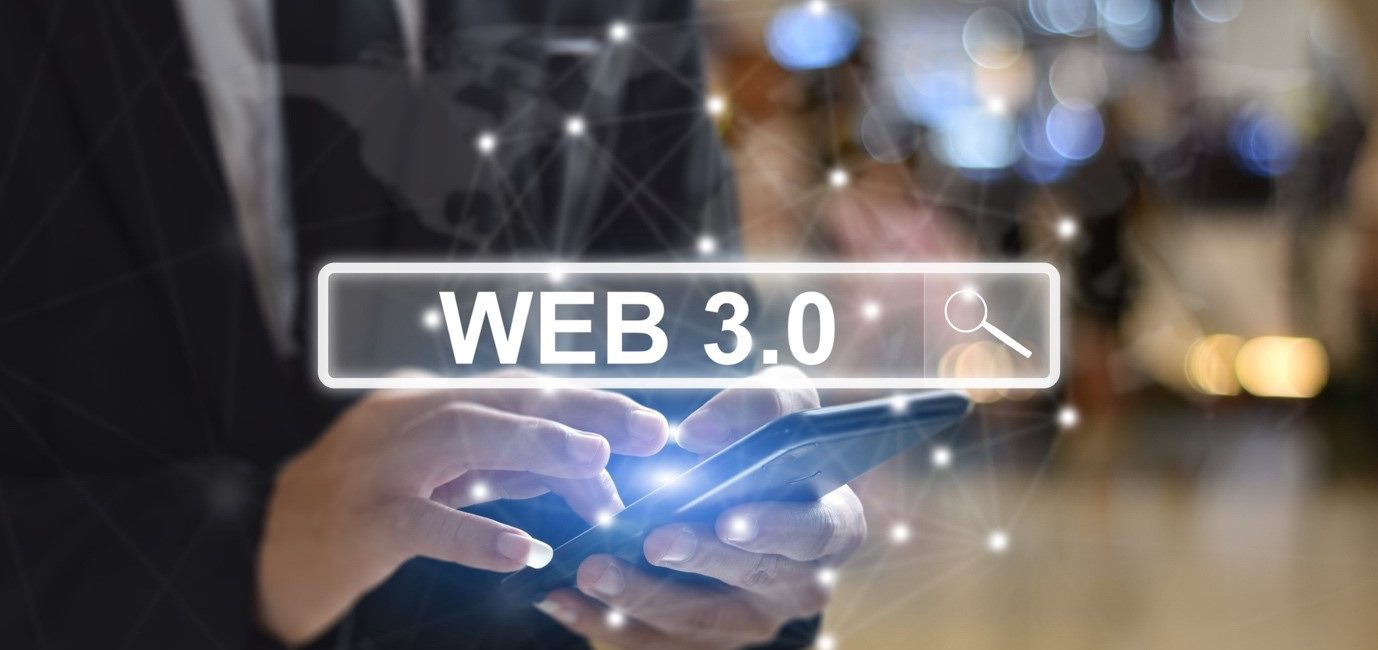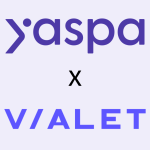
Everyone knows how important technology is to our lives and the critical role it plays. While there have been many incredible tech inventions in recent years, the internet is still THE most significant development. This is, of course, seen in the business sector, where companies use online tools like social media for marketing their services and video conferencing to make meetings more flexible.
Internet-based tech also plays a massive part in our personal lives and how we choose to stay busy. Online betting in the UK is a case in point, and there is a range of secure internet sportsbooks to bet at now, as shown at Bets.co.uk. This handy resource for the best places to gamble online is internet-based itself and makes it simple to pick the right online sportsbook to try out.
Although the web has been around for a while, you might have heard about Web 3.0 lately. But what is this, and what could a decentralised web mean for us?
What is Web 3.0?
Web 3.0 is an idea for a new version of the World Wide Web. The idea was first floated in 2014 by Ethereum co-founder Gavin Wood, but it did not start to pique people’s interest until 2021. Since then, it has become something of a hot trend, and in some peoples’ opinion, it is the next step the internet must take.
But what would be different about Web 3.0 compared to what we currently have? In simple terms, Web 3.0 would be based on Blockchain tech and run on a more decentralised model. This is in contrast to the current World Wide Web, which many claim is run by a small group of centralised ‘Big Tech’ firms.
What could a decentralised web mean?
The decentralisation of tech is not a new concept and has already been seen in developments like Blockchain-based cryptocurrencies. It has not yet been applied to the World Wide Web as a whole, though – which is why Web 3.0 could be so exciting.
But what would having a decentralised web mean? The basic concept is that no single body, company or group of companies would be in control of the web anymore. Fans of this idea argue that it means the web would be less open to bias and interference from those companies who otherwise would be in central control.
They also argue that a decentralised web would be better for privacy because no big tech firms could use the internet to collect users’ personal data. Of course, those opposed to it have their own take on Web 3.0. Many, for example, worry that a web without any central body controlling it would have little to no moderation and become a haven for dangerous, harmful content.
Web 3.0 looks to be a game-changer
Although it is not a given that Web 3.0 will happen, the buzz around it is getting stronger by the day. For this reason, you would not be surprised to see it coming online in the future and changing how we think about the internet.












